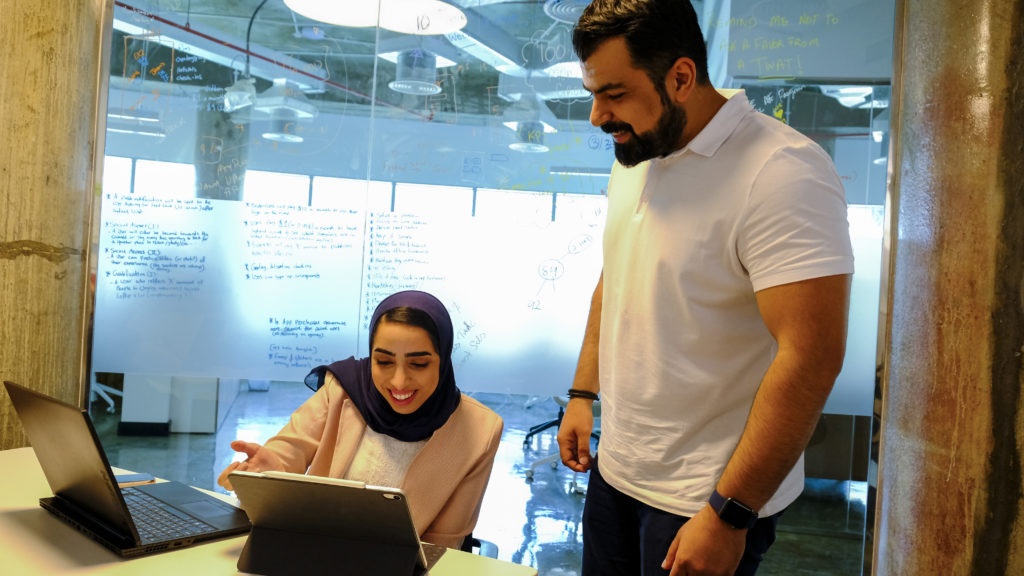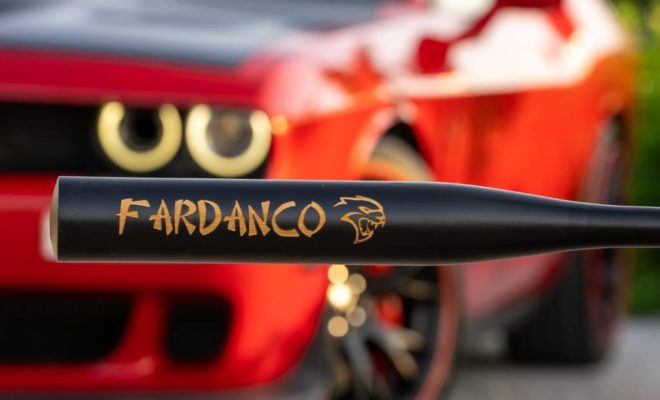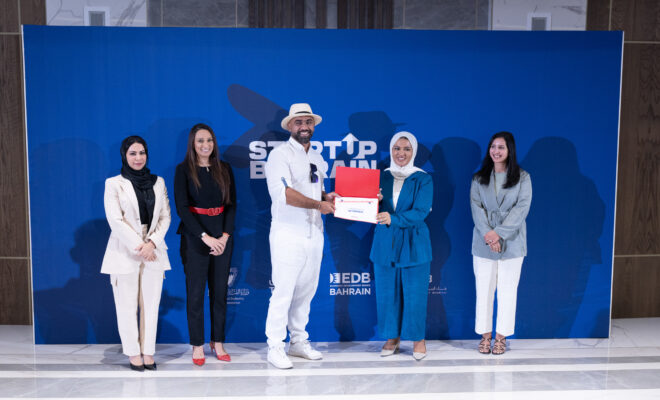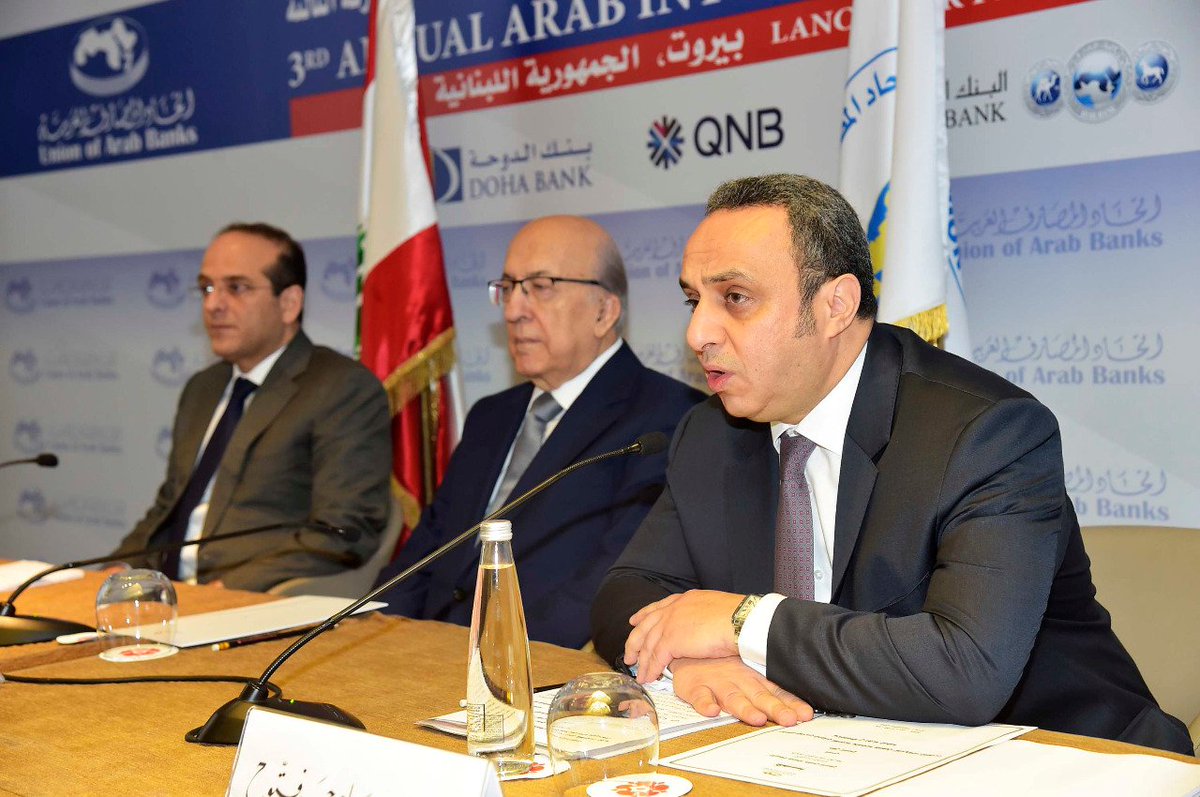INAGRAB-An interview with serial entrepreneur Husain Haji
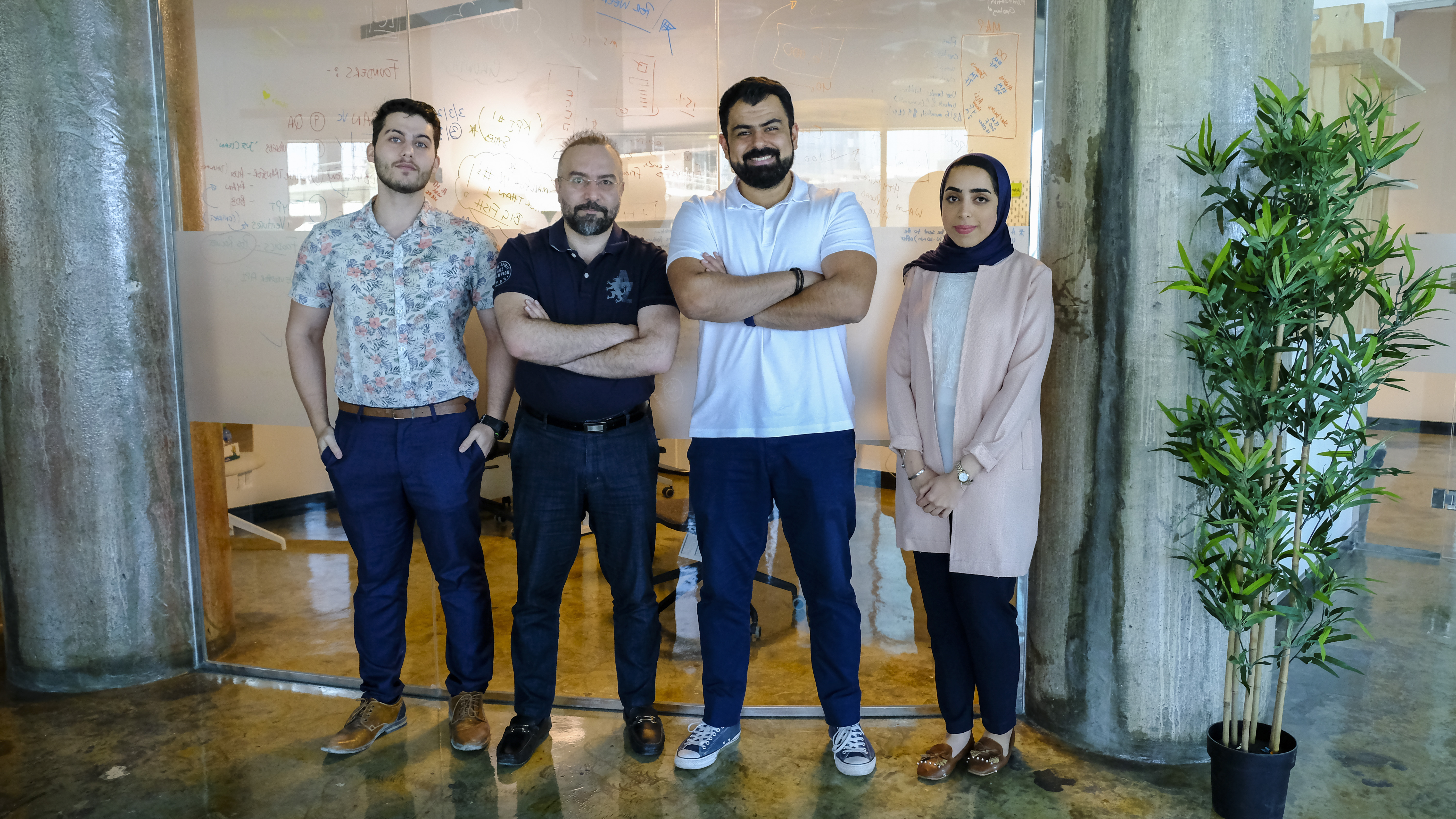
Please tell us more about your very interesting career trajectory, the companies you’ve founded and sold and of course the very popular Inagrab.
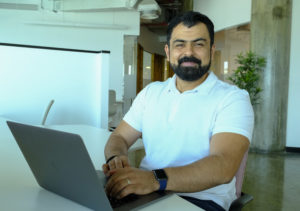 It was back in 2012/13 when I started my first business, and I remember there was a massive high that I felt whenever I spoke about it, and looked at the documents surrounding it. Like every other entrepreneur relative to our region, I decided that the first business I’ll launch would surround the F&B Space. I decided that my multi-million dollar idea was a restaurant. Little did I know that restaurants are going to be just an entry point or a massive learning curve for me towards the first step of entrepreneurship.
It was back in 2012/13 when I started my first business, and I remember there was a massive high that I felt whenever I spoke about it, and looked at the documents surrounding it. Like every other entrepreneur relative to our region, I decided that the first business I’ll launch would surround the F&B Space. I decided that my multi-million dollar idea was a restaurant. Little did I know that restaurants are going to be just an entry point or a massive learning curve for me towards the first step of entrepreneurship.
It was my first learning curve where we failed quite fast and shut down pretty quickly due to many mistakes we’ve made in the structure of the business and the basic points surrounding it like location etc. After that failed attempt, I decided to get into something a bit more interesting for me, which was technology and because I’ve been in the food space, I thought Food Tech was the answer.
It was around the end of 2013 beginning 2014 when I decided I’ll launch a regular food ordering platform on the web and that was a massive learning curve for me as well. We lacked specialized knowledge when it comes to development, we were treading uncharted waters in our region, we didn’t understand online customer acquisition strategies, and we hadn’t the slightest clue how to get such a platform up and running. That was our downfall for our first tech business.
Around that time, I was intent on proving a point, especially since I didn’t have an entire support structure, and I’m the kind of guy that wants to prove everyone wrong. Because of that intent, I very quickly ricocheted and stood back up to create a new tech startup within the food space. This time we decided to tackle the B2B Food space, where we connected restaurants with food suppliers other than the “big two suppliers” in Bahrain. The concept was to provide a tablet to a “paper and ledger” economy of small food suppliers that connected them straight to the POS Systems of restaurants. This time we didn’t lack business acumen.
However, we still lacked a proper customer acquisition strategy, and we didn’t understand how to tackle cultural factors. The acquisition strategy, was what I believed to be the reason for the second failure. Let’s refer to those failures as learning curves, and I would say I’m lucky to have been through those fast, and that’s a good thing. After that specific slump, I remember entering a dark phase, and it was one of those movie moments, where I was fully dressed under the shower banging my head against the bathroom wall, trying to figure out what it is that I was doing wrong.
Life responsibilities were kicking around in my head (I had a daughter and practically nothing in my wallet to spend). It was after my wife had sent me a screenshot of a dish from a local food ordering app “Talabat” to order for dinner, that I thought to myself I wish I can click this screenshot and it just goes to a cart. Eureka! Pikadot was born.
The whole unique selling point of Pikadot was to create a mechanism for people to socialize about the food they ordered. When they visit each other, they can share what they want to order and click on the item shared, and it would access a cart creating something similar to a multi-cart mechanism.
We managed to get $1.5 Million committed from a Saudi-based private investor and went forward with it, growing quite significantly to a somewhat successful business.The business grew significantly to a point where the same investors took over, and I technically had my first exit. This started to get a bit more exciting for me; I created a business and sold it. Enter my 4th Startup, “Tasleem.” With Tasleem, we decided to tackle a logistics issue that restaurants face. Restaurants who deliver have a couple of peak hours when it comes to delivery, and in those peak hours, they have a shortage of workforce.That’s where Tasleem decided to come in. It was intent on providing a delivery service to mitigate that gap by providing delivery agents within the vicinity of a restaurant, requiring them to come and work for an hourly rate just by getting hailed from an online platform.
Tasleem snowballed and we managed to break even within the first six months of the life of the business, catering to massive food chains in Bahrain specifically. It was around that time where I met my current co-founder Dr. Mustafa, a Ph.D. holder in Computer Science and a brilliant and unique individual. We spoke about starting up something together surrounding the data space and gig economy space, and in a week, we signed a co-founders agreement for something (not knowing what that something was).
It was like an alignment of the stars when a local family- owned business offered to acquire Tasleem, and that was my second exit. Today, we are working on our passion, which is a platform that bridges the gap between businesses and 30% of unemployed youth by allowing them to monetize their word of mouth, generating much-needed income.
 What inspired you to leave everything and be an entrepreneur?
What inspired you to leave everything and be an entrepreneur?
I’ve always had this sense of wanting to put up my own business, and I recall when I was younger, I always figured out a way to make money for various reasons. The hustle was lit in me when I saw my father struggling at some points in his life when it comes to covering the cost of four costly children (myself included). I used to flip (buy and sell) just about anything I saw a trend for, from firecrackers, to live- strong bracelets, and even offered services such as painting bicycles & designing them for a fee.
Regardless of all the above, it was in 2012 when I had my first child, my beautiful daughter Layla, I was working in a company heading Business Development, and after a struggle with the management about something I saw as corrupt, I thought to myself I don’t want to be that kind of person. I want to launch a business and be honest and do something that will change the world and allow me to achieve my dreams. I want to make enough money to be able to offer a fantastic life to Layla, and all my children that’ll come after her.
What do you think are the common misconceptions about entrepreneurs and why do you think people never start the business that they want to do?
I believe a common misconception about entrepreneurs is that they’re just lucky people who stumbled upon something that made them successful, when in fact, entrepreneurs go through so much to achieve what they believe in. Sleepless nights, long days, sacrificed time, and lost friends are all things that an entrepreneur would go through to reach their goals. People don’t start their businesses for several reasons. Still, the most prominent one would be their lack of risk appetite; they have a steady job with a steady income, and they’re content with that and are afraid of losing that even if it’s for something that they would instead do themselves. The first few years of an entrepreneur’s life (I call it pre-success) are ones that do not have any stability whatsoever, and security is the critical metric that people with steady paying jobs are looking for. Other reasons may include a lack of imagination, creativity, hunger to solve problems. Dreams are there to be achieved, and not just to stay in the clouds of our thoughts.
You want to bridge the gap between business and people by monetizing “word of mouth”. Please tell us more about this concept. We recently launched a platform called Dalooni, and with Dalooni, we can do just that. Before we came out with the concept of Dalooni, we had visited a few organizations in the hopes of striking a deal to resell some software that we’ve developed through their existing sales teams to their retail clients, and almost all of them came back to us with a challenge that they had.
That challenge was a shortage in salespeople in their team, now mind you those organizations were all profitable and paying out dividends if not quarterly, at least semi-annually. My response was straight forward, “well why don’t you hire some more sales agents?”,and their answer was expected “We would rather not spend money on ‘liabilities’ and pay salaries we would rather pay for advertising”.
On a corporate standpoint that might make sense. Still, the entrepreneur in me was furious that they called people liabilities. I knew of a statistic that said 30% of youth aged 18 to 30 in the MENA Region are unemployed, and that number would probably increase with the advancements in technology. For businesses that spend millions on advertising, the fact of the matter is that the highest recorded ROI on any advertising campaign is around 8%, which, if you do some math, would result in a loss in the long run.
Dalooni became that connection for that glaring gap. We offer a platform that allows businesses to list their products for free and allow people who register to Dalooni as sales agents to refer & sell those products using their communication channels such as WhatsApp, email, or SMS to their connections. Only at a successful sale, the business will be charged a transaction fee, a chunk of which is paid as a commission for the sales agent that was responsible for the referral using Dalooni. With this, we can help the youth get access to a source of income, and the businesses not lose money on conventional advertising.
What advice can you give to entrepreneurs out there, especially to those who are still thinking about starting their business?
You will never know if something works until you try. Starting a business is not for everyone, but NOT starting a business is not for everyone too, and for those who have that spark or dream that they want to achieve, the only way for you to materialize that dream is for you get off your butt and get it.
I thought to myself I don’t want to be that kind of person. I want to launch a business and be honest and do something that will change the world and allow me to achieve my dreams. I want to make enough money to be able to offer a fantastic life to Layla, and to all my children who`ll come after her.


